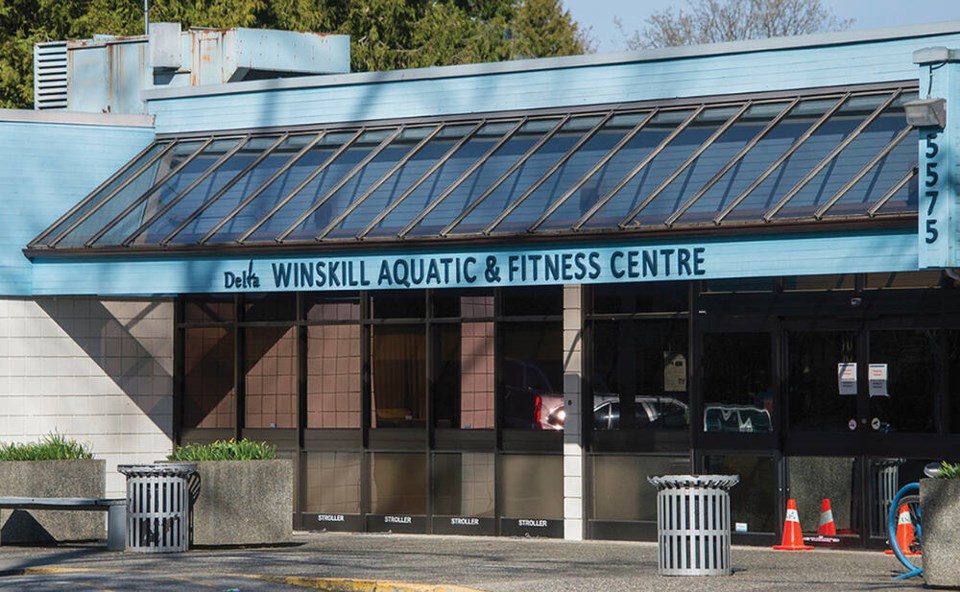We’re one Delta.
That was the message from council when it approved the latest property tax increase.
The tax increase sees a 5.75 per cent increase for city operational services and a two per cent recreation capital investment levy.
The city has highlighted some of its key upcoming initiatives including renewing the Winskill Aquatic and Fitness Centre, building a second synthetic turf field at Mackie Park, improving track facilities at Delta Secondary School and Seaquam Secondary, advancing the Cromie Park Master Plan, upgrading Annieville Park, creating a South Delta Secondary field design, looking at building a cover for the North Delta Recreation Centre outdoor pool and preparing a master plan for John Oliver Park.
During the question-and-answer portion of council’s Dec. 8 meeting, a letter from a resident was read asking why a special levy was imposed years ago for North Delta residents only when the Sungod Recreation Centre expanded, but why can’t a similar localized property tax levy be in place for costly projects such as the planned upgrades to the Winskill facility in Tsawwassen.
City manager Donny van Dyk responded that the direction staff received from council was to have a “one-city, one-Delta” approach to funding going forward, consistent with the rest of Delta’s budget.
During council’s discussion on final approval, Coun. Rod Binder said it was made clear during the mayor’s latest sports summit with user groups was that the one-Delta approach is needed because user groups across the city use all the facilities, with South Delta residents using North Delta facilities and vice-versa.
“So, I think the importance is that we use the one-Delta approach when it comes to our financial plan and that be shared. So, I think that was a very critical point brought up by the user groups,” he said.
Mayor George Harvie agreed, saying that after council’s term of office, when all the additions and upgrades for recreation facilities are added up, the expenditures usually balance out for the communities.
Projects may be scheduled first for South Delta but a number in North Delta requiring the same funding would come next, he added.
During council’s discussion a week prior, Coun. Dylan Kruger noted the city is also collaborating with the school district to upgrade tracks and fields on school property “because at the end of the day we are one taxpayer”.
The amount in property tax the City of Delta has budgeted to receive for 2024 is $190,528,000. The financial plan has that amount increasing to $202,500,500 for 2025, then $212,075,500 for 2026 and $223,541 ,000 for 2027.



